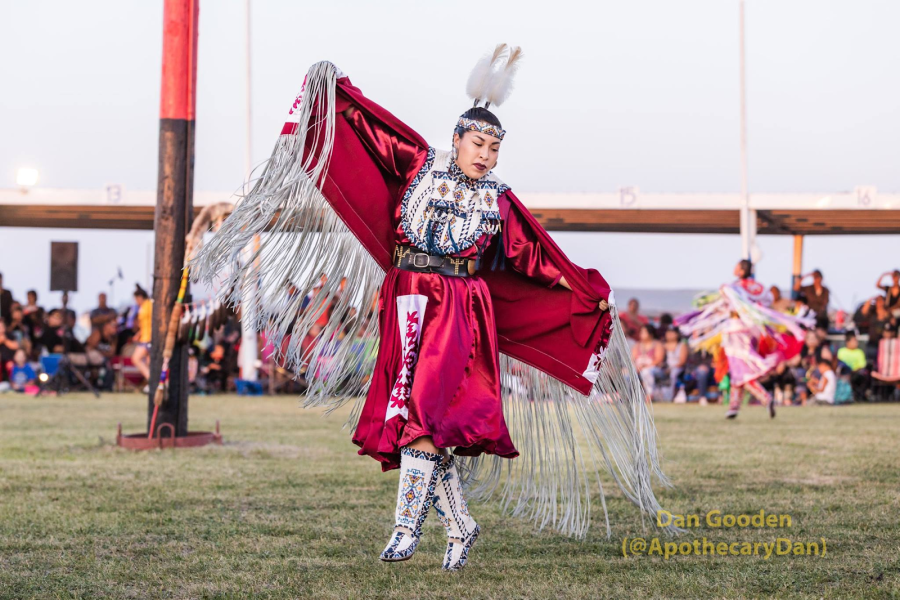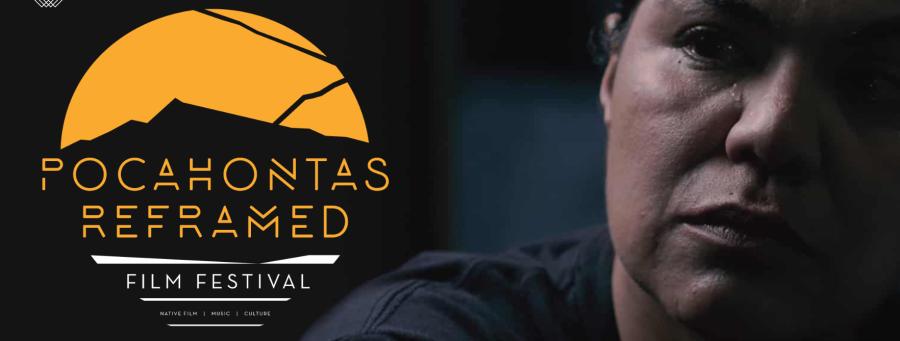For centuries, the Makah tribe has lived off of the sea, both physically and spiritually. In 1855 they signed a treaty with the federal government ceding their claim to land on the Olympic Peninsula in exchange for whaling and fishing rights, a trade-off designed to ensure the preservation of the central focus of Makah culture. At the time of the signing, one tribal negotiator said, "You can have the land. All I need is a plot of land for my house and to bury me. But if you take away our sea, we will die."
The Makah stopped hunting whales in 1920, after commercial whaling had drastically lowered gray whale populations. Once gray whales were removed from the endangered species list in 1994, however, the Makah requested and were granted federal approval to resume hunting.
In 1999, the Makah killed their first whale in over 70 years amid protests and attempted interference by animal-rights activists. Whereas last year's kill was a cooperative tribal effort, the hunts of this past spring were conducted only by traditional whale-hunting families with permits from the Makah Tribal Whaling Commission. Six families applied to hunt whales this spring, but only two received permits, and during their nine hunts no whales were killed.
Protesters from groups like The Sea Shepherd and Ocean Defense International attempted to block Makah hunts in both years, even running afoul of Coast Guard ships enforcing the 500-yard exclusion zone around the whalers. These activist groups worry that the government's approval of renewed Makah hunting will lead to a worldwide renewal of commercial whaling.
On June 8, the Ninth Circuit Court of Appeals ruled that federal permission given to the Makah tribe to resume hunting whales did not properly address the environmental concerns surrounding the hunt. The initial environmental impact study concerning the whale hunt concluded that the Makah quota of 20 whales over five years would not risk the gray whale population, currently estimated at over 26,000. The Appeals Court ruled that the initial study was not sufficiently objective, and that the government, in the words of the plaintiff's lawyer, "clearly committed itself to supporting the hunt before looking at what its impact would be."
Members of the Makah Tribal Whaling Commission are not worried about the Court's decision. By the time the ruling takes effect, the spring whaling season will be over. Makah whalers hope that a new environmental impact study will be approved by the courts in time for the fall whaling season.
Article copyright Cultural Survival, Inc.



